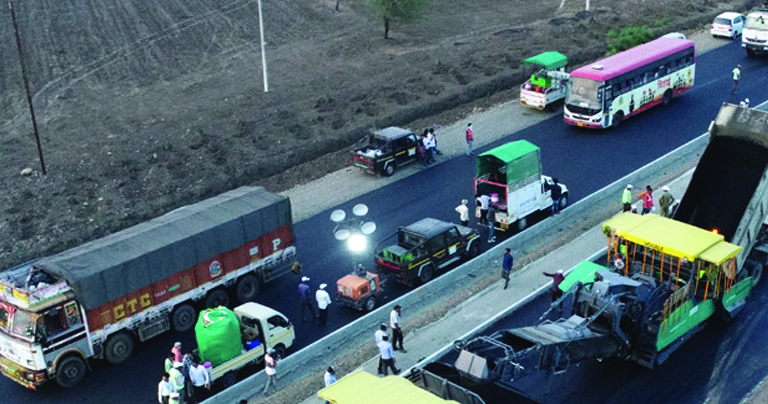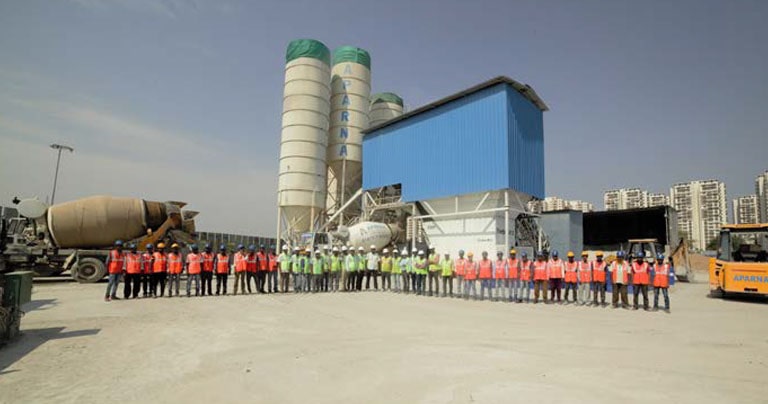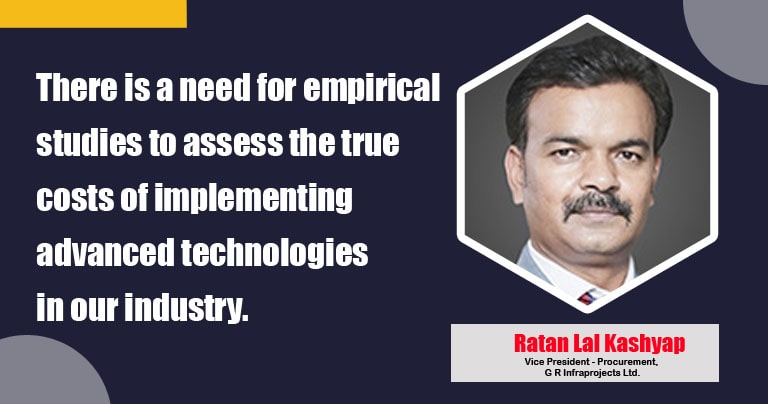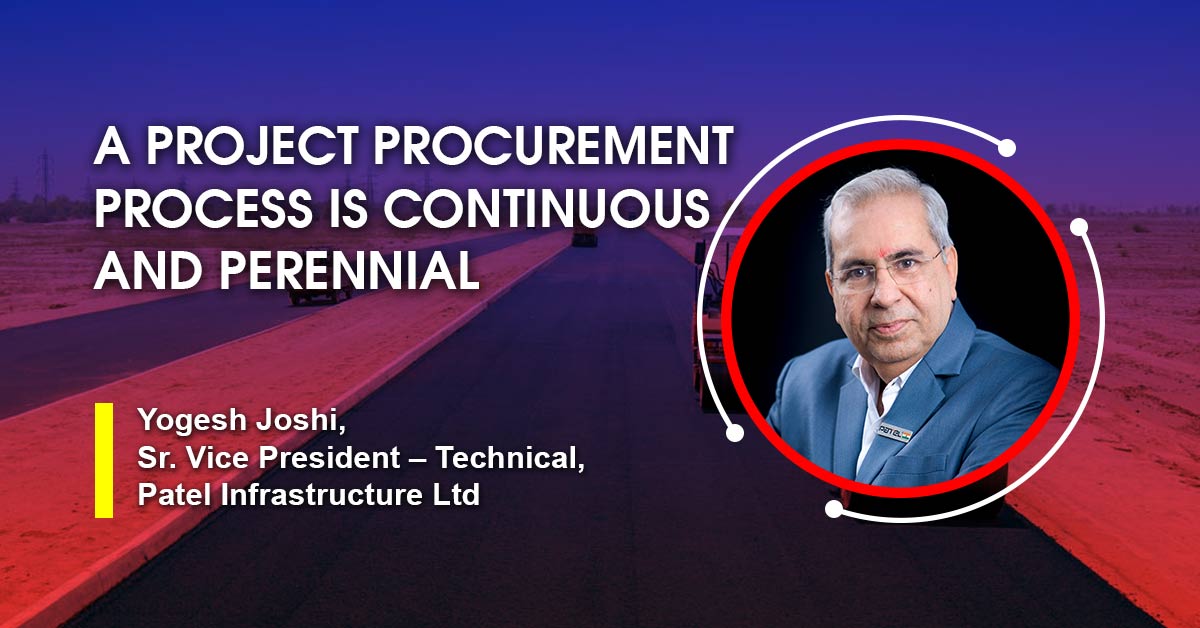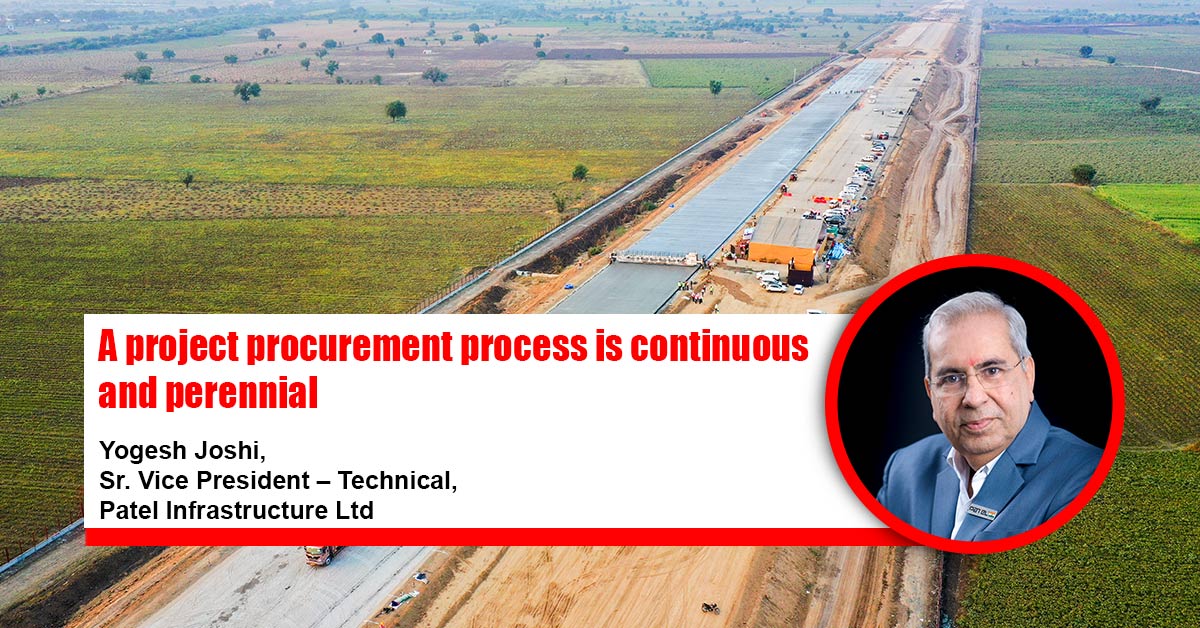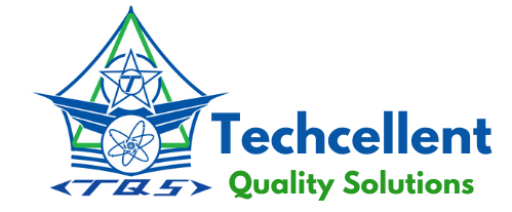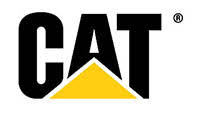EPC companies will leverage digital platforms like e-auctions and reverse auctioning for sourcing
By Edit Team | October 20, 2020 5:20 pm SHARE
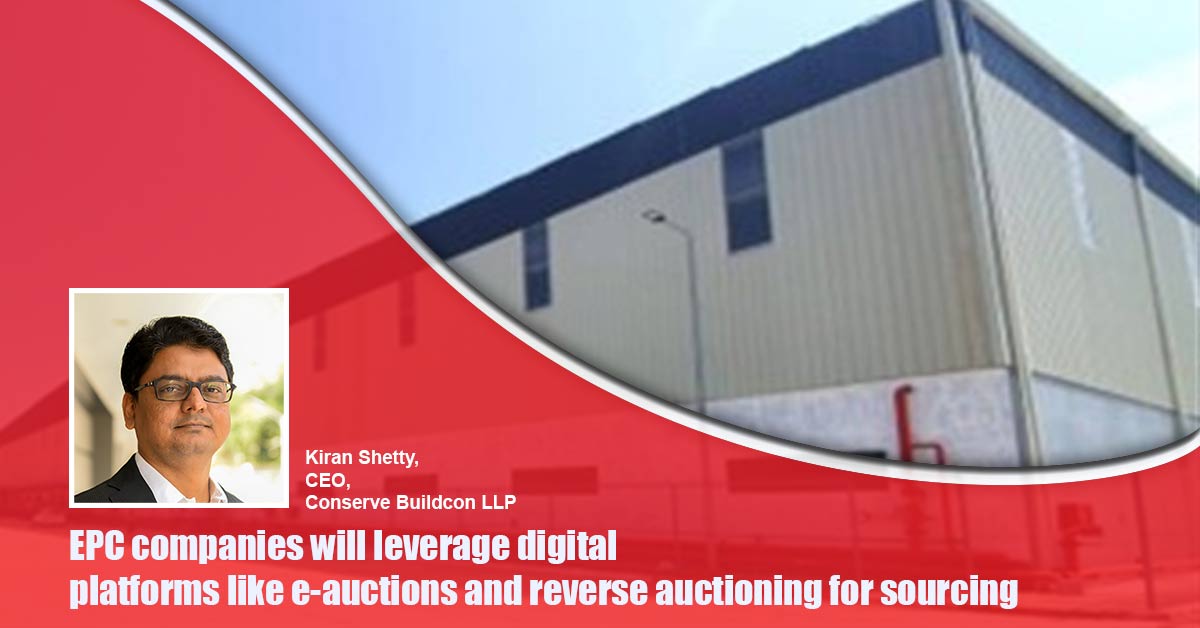
In fact, the entire supply chain will become digitally integrated. The long-term partnerships will be preferred to achieve cost-competitiveness. The concept of leasing or pay per use for equipment and structure will gain momentum says Kiran Shetty, CEO, Conserve Buildcon LLP.
What will be the new state of the affair after 2020 for the construction and infrastructure sector? Post-Covid, the construction and infrastructure sector is gradually coming to terms with the emerging realities like new customer expectation, dwindling margin, oil price volatility and direct or indirect impact of various geopolitical developments. Other challenges like reverse migration or supply chain disruptions have made the scenario further challenging.
As a result, although the economy is in revival mode, the profitability is under stress. So, the priority of almost all the engineering, procurement and construction (EPC) companies at the moment is to enhance operational efficiency and achieve better cost-effectiveness. Therefore, the digital technology adoption will be at the core of the post-Covid narrative for the construction and infrastructure sector. Aspects like design and engineering, procurement, supply chain integration, asset utilisation monitoring will become more digitally-inclined to ensure timely project delivery and healthy profitability.
Given the financial constraints, what will be an appropriate partnership model for delivery and funding of infrastructure projects?
As the sector is expected to witness reduced credit inflow, partnership model or collaborative environment appears to the way forward for project delivery and funding. EPC companies need to strengthen their partnership with suppliers, vendors, contractors etc to accomplish the project goals. Such collaboration will help EPC companies manage various uncertainties better as well, going forward. Risk allocation should also be commensurate to the nature of contract to ensure transparency for building trust and ensure continuity of business and cashflows.
What kind of infrastructure upgrade initiatives should the government focus on to ensure the construction sector remains in robust health?
The Covid-19 spread has impacted the government infrastructure capex to a certain extent. Having said that, from the EPC industry perspective, it’s quite encouraging to see that the government is focussing on infrastructure spend to revive the economic growth. The projected `111 trillion investment during 2020-2025 to develop social and economic infrastructure under national infrastructure pipeline (NIP) will definitely boost the economy further. The public spending on infrastructure should focus more on greenfield projects to have a spread-out impact.
Such approach will benefit the construction sector as well. The government’s focus on sectors like road, railways and energy augurs well for the EPC industry. Government should also ensure availability of credit to the smaller players in the industry to ensure the supply chains are running and are able to cater to increase in demand when the economy picks up. Though government has come up with various reforms and packages before and during Covid-19, its implementation has to be ensured in spirit.
How will the pandemic catalyse the adoption of VR/AR tools, remote monitoring, and data analytics to have a real-time view of ongoing projects?
Resource and process optimisation has become the buzzword in the EPC industry. As the companies are adapting to the new-normal workspace in the post-pandemic phase, the technologies have started playing a key role in enhancing efficiency and project delivery capabilities. The industry is catching up to Industry 4.0 and technologies like artificial intelligence (AI), augmented reality and virtual reality (AR/VR), Internet of Things (IoT) etc. have become an integral part of the operational dynamics of a number of progressive EPC companies in India. For instance, AI has proven to take care of the standardised mechanical engineering and plumbing (MEP) and layout designs so that designers, architects and engineers have bandwidth to focus on high value built-to-suit projects.
IoT is also helping EPC companies detect preventive maintenance requirements to increase the lifecycle of the equipment and also helping improve productivity by better utilization and cost efficiency. Companies across the board have realized the importance of data and have started investing in capturing and analyzing them have an upper hand on competition. On the other hand, AR/VR facilitates real-time view of a project to strengthen collaboration between an EPC company and its client. The pandemic has accelerated technology adoption in the EPC industry. Remote monitoring is also expected to come up in a big way. The use of digital-twin to plan and execute complex projects is a reality and there are many companies providing such solutions. It can also provide live project monitoring based on the frequency of data input. Use of remote sensing technology mounted over drones, vehicles and even helicopters are employed for surveys in large projects.
What kind of transformation do you expect to see in the pattern of procurement in the post-Covid era for equipment and structure solutions for projects?
The procurement mechanism will also witness few transformations. EPC companies will leverage digital platforms like e-auctions and reverse auctioning for sourcing. The supply chain will become streamlined to ensure operational and cost efficiency and superior risk management. In fact, the entire supply chain will become digitally integrated. The long-term partnerships will be preferred to achieve cost-competitiveness. The concept of leasing or pay per use for equipment and structure will gain momentum.
Cookie Consent
We use cookies to personalize your experience. By continuing to visit this website you agree to our Terms & Conditions, Privacy Policy and Cookie Policy.


